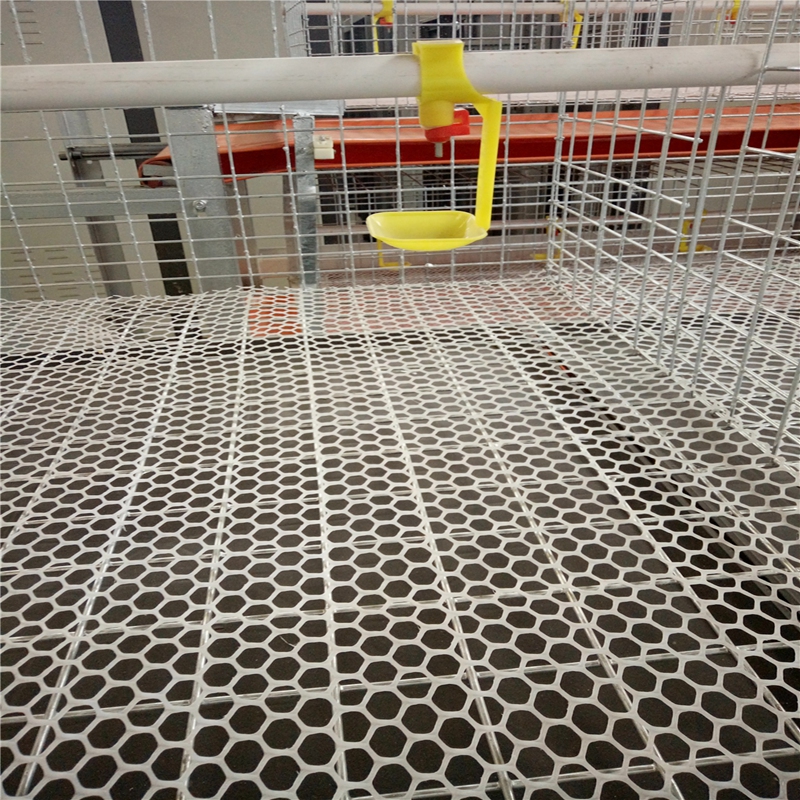Efficient Egg Tray Production Equipment for Sustainable Packaging Solutions
តុលា . 12, 2024 16:40 Back to list
Efficient Egg Tray Production Equipment for Sustainable Packaging Solutions
The Egg Tray Machine Revolutionizing Egg Packaging
In the modern agricultural landscape, efficiency and sustainability are more critical than ever. This is particularly true in the poultry industry, where egg production plays a significant role in the global food supply. Among the innovations designed to improve processes in this sector is the egg tray machine. These machines have transformed how eggs are packaged and transported, optimizing operations while promoting environmental sustainability.
What is an Egg Tray Machine?
An egg tray machine is a specialized piece of equipment used to produce trays specifically designed for holding and transporting eggs. The trays are typically manufactured from recycled paper and are designed to protect the eggs from damage due to handling or impacts during transport. With advancements in technology, modern egg tray machines are capable of producing thousands of trays per hour, making them highly efficient.
The Manufacturing Process
The production of egg trays involves several steps, which can largely be categorized into pulping, molding, drying, and pressing. The raw material, often recycled paper or cardboard, undergoes a pulping process where it is mixed with water to create a slurry. This slurry is then fed into molds that shape it into egg trays.
Once molded, the trays are subjected to drying, which is crucial for ensuring they are sturdy enough to hold the eggs securely. This drying can be achieved through natural sunlight or by using industrial dryers. After drying, the trays may undergo a pressing process to enhance their strength and durability. Finally, they are stacked and packed for distribution.
Benefits of Egg Tray Machines
1. Eco-Friendly Production One of the most significant advantages of using egg tray machines is their contribution to reducing environmental impact. By recycling paper waste into egg trays, these machines help to minimize waste and conserve natural resources. Furthermore, the biodegradable nature of paper trays makes them an excellent alternative to plastic trays that contribute to pollution.
egg trays machine

2. Cost-Effectiveness The automation provided by egg tray machines reduces labor costs associated with manual tray production. Although the initial investment in machines can be substantial, the long-term savings in labor and material costs often justify the expense. Additionally, the ability to produce trays on-site can lead to further savings in transportation and logistics.
3. Customizable Production Many egg tray machines offer flexibility in terms of production capacity and tray design. Producers can adjust the machine settings according to their specific needs, allowing them to create trays that fit various egg types and sizes. This customization ensures that poultry farmers can provide optimal protection for their products, reducing breakage and losses during transport.
4. High Efficiency Modern egg tray machines can produce a high volume of trays in a relatively short amount of time. This efficiency is essential for poultry farms that require a consistent supply of trays to meet consumer demand. The speed of production also allows businesses to scale up operations quickly, catering to expanding markets.
Challenges and Considerations
While egg tray machines present numerous advantages, potential buyers should consider several factors before investing. Firstly, machine quality varies significantly across different manufacturers, so it is essential to choose a reputable supplier. Additionally, regular maintenance of the machines is crucial to ensure longevity and consistent performance.
Moreover, businesses must also evaluate their production needs and local market conditions. Understanding these dynamics can help determine the most effective machine specifications and production volumes.
Conclusion
The egg tray machine is an invaluable asset in the poultry industry, aligning with contemporary demands for efficiency, sustainability, and cost-effectiveness. As more farmers and producers recognize the benefits of using recycled materials for egg packaging, the adoption of these machines will likely continue to grow. By not only enhancing the logistical aspect of egg production but also minimizing environmental impact, egg tray machines stand as a prime example of innovation meeting necessity in today’s agricultural practices.
-
High Performance Exhaust Fan – Efficient Ventilation Solutions for Home
NewsJun.10,2025
-
High-Quality Gestation Pen for Sows Durable Mobile Pig Pen & Simple Pig Pen Solutions
NewsJun.10,2025
-
High Quality Rabbit Cage Double Tier Designs & Welded Wire Mesh Supplier
NewsJun.10,2025
-
Floating Fish Feed Machine - High Efficiency Floating Fish Feed Extruder for Small Scale Production
NewsJun.10,2025
-
Premium Poultry Housing Solutions Mobile & Commercial Free Range Options
NewsJun.10,2025
-
Industrial FRP Fans Corrosion-Resistant Blades & Centrifugal Systems
NewsJun.09,2025






